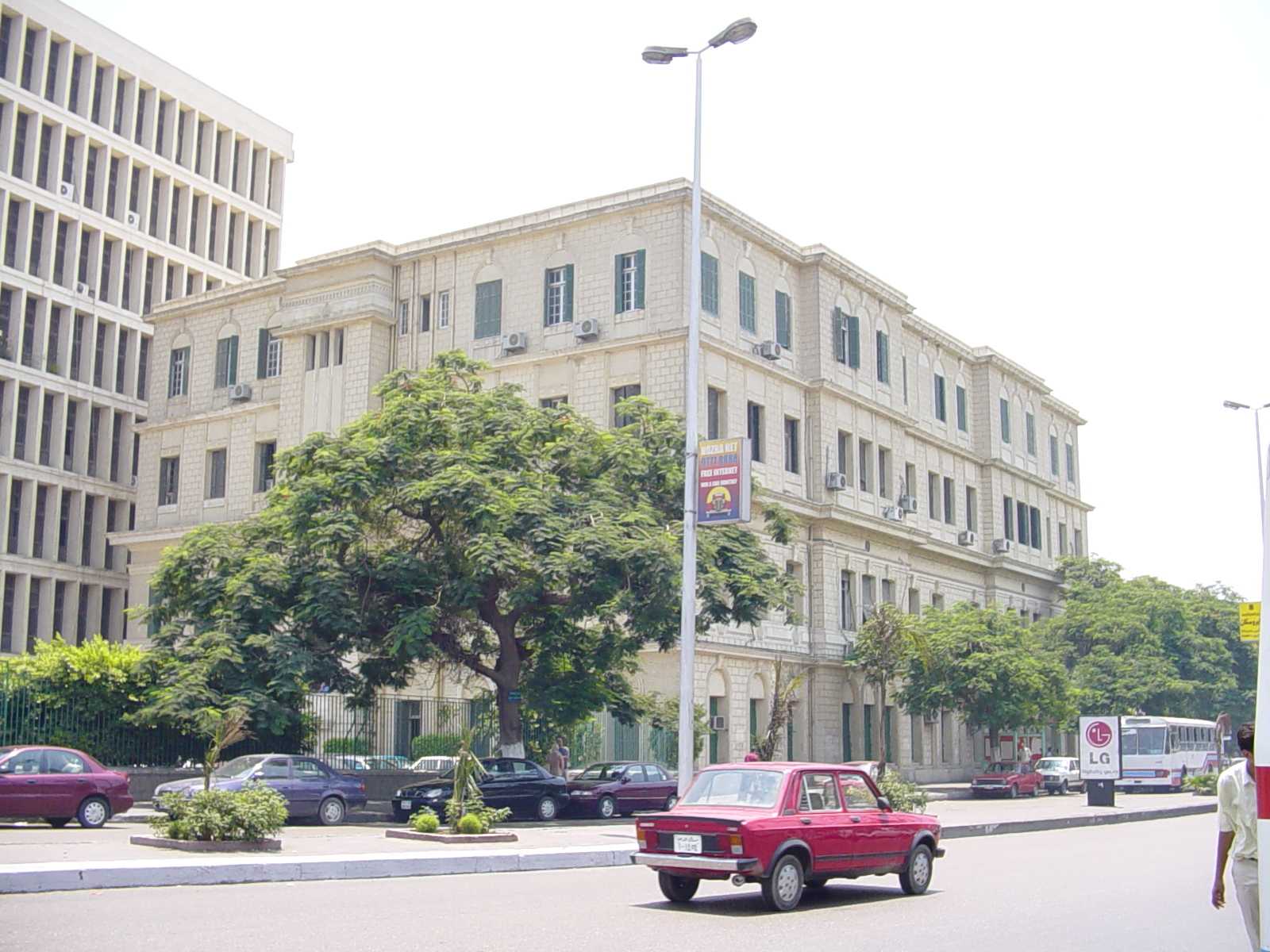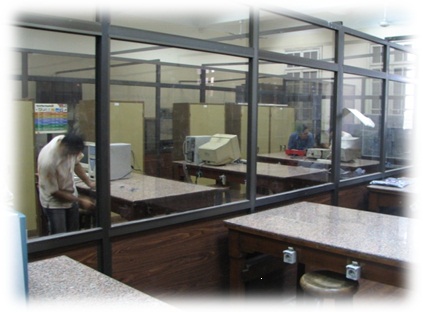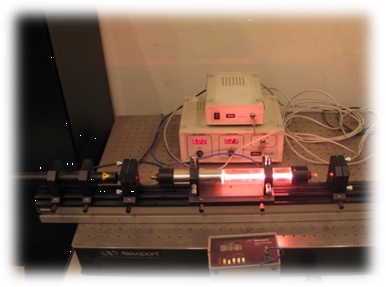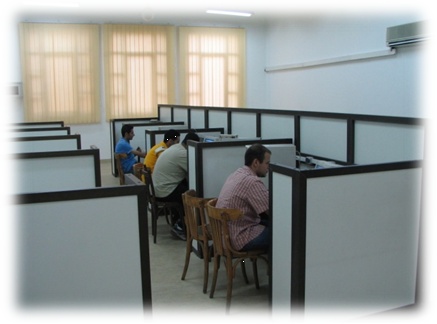* Dr. Ahmed E. KAMAL, EECE Alumni 1978 & Professor of Electrical and Computer Engineering at Iowa State University (USA), presents a talk on "Multicasting in Cognitive Radio Networks" on 25th March 2013
The Electronics and Electrical Communications Engineering Department had the pleasure to welcome Dr. Ahmed KAMAL - one of its 1978 alumni - and currently a Professor of Electrical and Computer Engineering at Iowa State University (USA). Dr. KAMAL delivered a talk at the EECE Department as a Distinguished IEEE Lecturer. The talk - which took place in the Hammam Lecture Hall - was attended by many EECE Staff and students. It was followed by a Q&A session which helped illustrate some of the new trends in the Cognitive Radio Networks. Following is a short description of the talk and a brief biography for the speaker.
Abstract:
Cognitive radio networks (CRNs) have emerged as a promising, yet challenging, solution to enhance spectrum utilization, thanks to the technology of Software Defined Radios. A well-known property of CRNs is the potential heterogeneity in channel availability among secondary users. Multicasting, which is used by a growing number of applications, may suffer from significant throughput degradation when used in CRNs because of this property. This is because a source may need to transmit the multicast data over multiple channels to guarantee delivery to all neighboring receivers.
This talk will introduce strategies to reduce the effect of the channel heterogeneity property on the multicast throughput in cognitive radio wireless mesh networks (CR-WMNs), hence enhancing the multicasting throughput. These strategies circumvent the effect of channel heterogeneity by implementing cooperation between nodes. This cooperation is composed of two main activities: first, allowing multicast receivers to assist the source in delivering the data, and second, allowing the transmission of network coded packets so that multicast receivers belonging to different multicast groups can decode and extract their data concurrently. We present a framework for implementing this cooperative strategy, within cells in CR-WMNs, and also between cells. Optimal and heuristic packet transmission scheduling approaches will be introduced for implementing the proposed assistance strategy. Performance results show that the proposed cooperative paradigm achieves a considerable reduction in the total multicast time, which in turn increases the system throughput.
Speaker's Biography:
Dr. Ahmed E. KAMAL is a Professor of Electrical and Computer Engineering at Iowa State University in the USA. He received a B.Sc. (distinction with honors) and an M.Sc. both from Cairo University, Egypt, and an M.A.Sc. and a Ph.D. both from the University of Toronto, Canada, all in Electrical Engineering . He is Fellow of the IEEE and a senior member of the Association of Computing Machinery. He is also an IEEE Communications Society Distinguished Lecturer for 2013 and 2014.
Dr. KAMAL's research interests include cognitive radio networks, optical networks, wireless sensor networks, and performance evaluation. He received the 1993 IEE Hartree Premium for papers published in Computers and Control in IEE Proceedings, and the best paper award of the IEEE Globecom 2008 Symposium on Ad Hoc and Sensors Networks Symposium.Kamal was the chair or co-chair of the Technical Program Committees of a number of IEEE sponsored conferences including the Optical Networks and Systems Symposia of the IEEE Globecom 2007, and the IEEE Globecom 2010, and is the co-chair of the IEEE Globecom Cognitive Radio and Networks Symposium in 2012. He is also the lead chair of the IEEE Globecom Cognitive Radio and Networks Symposium in 2014. He is on the editorial boards of the IEEE Communications Surveys and Tutorials, the Computer Networks journal, and the Optical Switching and Networking journal.









